Your cart is currently empty!
Tag: Pest Control

Consumers are increasingly demanding organically grown cannabis for its health and environmental benefits. This blog post delves into the best organic cultivation practices, focusing on natural fertilizers, pest management, and soil health. Natural fertilizers like compost and manure enrich the soil without environmental contamination. Organic pest control methods, such as using beneficial insects and neem…
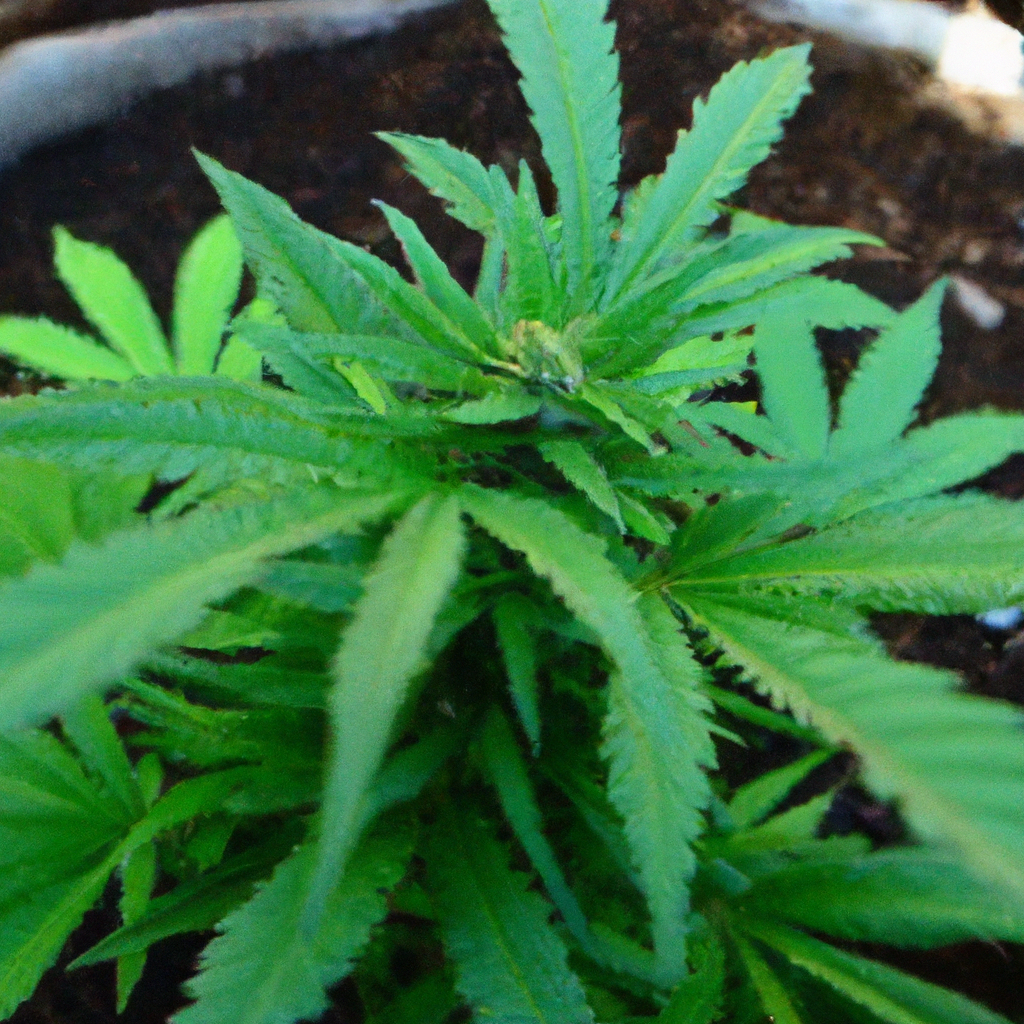
Organic cannabis cultivation embraces sustainable, nature-friendly practices that benefit both the environment and consumers. Key methods include using natural fertilizers like compost and fish emulsion, implementing natural pest control through companion planting and beneficial insects, and building a thriving soil ecosystem with organic soil amendments and mulching. This approach reduces environmental impact and enhances consumer…
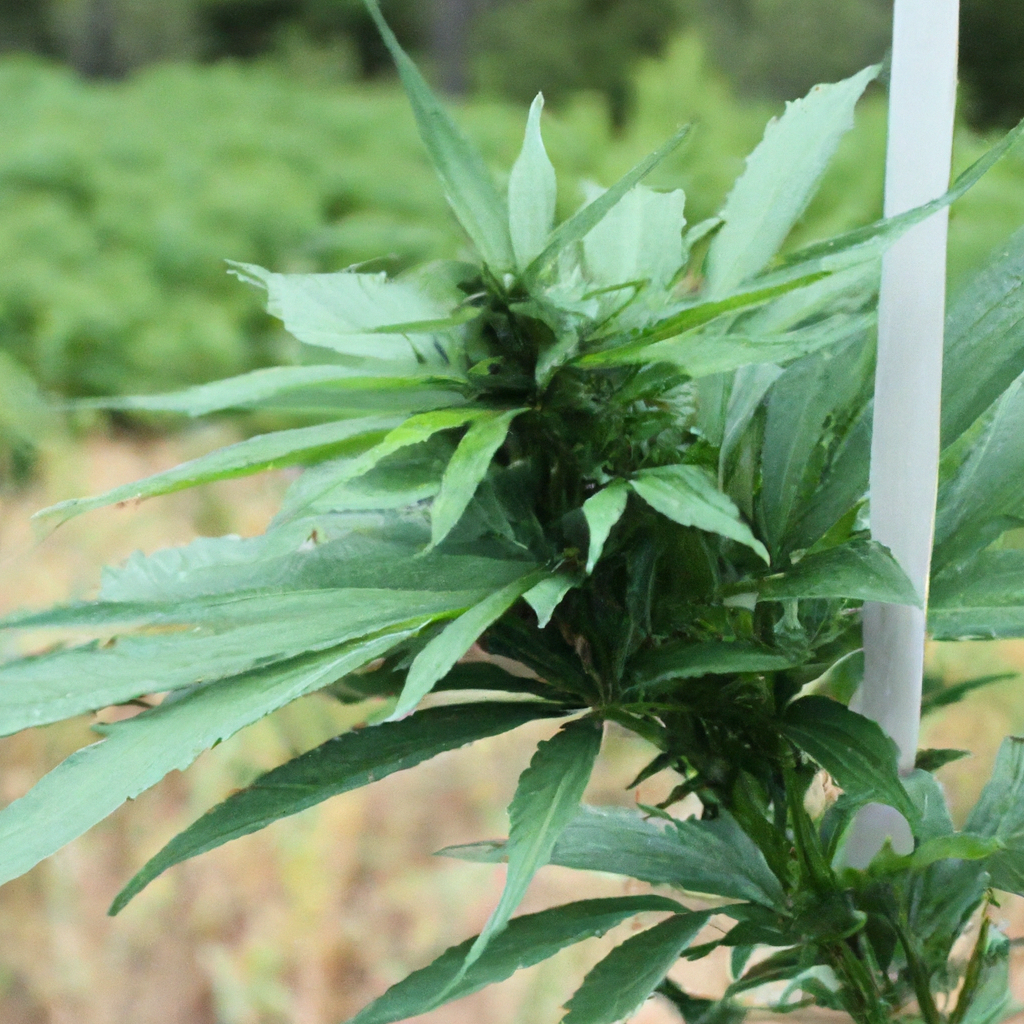
Organic cannabis cultivation focuses on achieving pure and sustainable growth by leveraging natural practices, which benefit both the plants and the ecosystem. Key strategies include developing nutrient-rich soil through composting, cover crops, and crop rotation; using natural fertilizers like bone meal, fish emulsion, and seaweed extract; and employing eco-friendly pest control methods, such as companion…
Organic cannabis cultivation enhances product quality while being environmentally sustainable by using natural fertilizers, composting, and holistic pest control practices. Key strategies include using compost tea, animal-based fertilizers, and bone and blood meals for nutrient-rich soil, along with cover crops and mulching to build a robust ecosystem. Natural pest control uses companion planting, neem oil,…
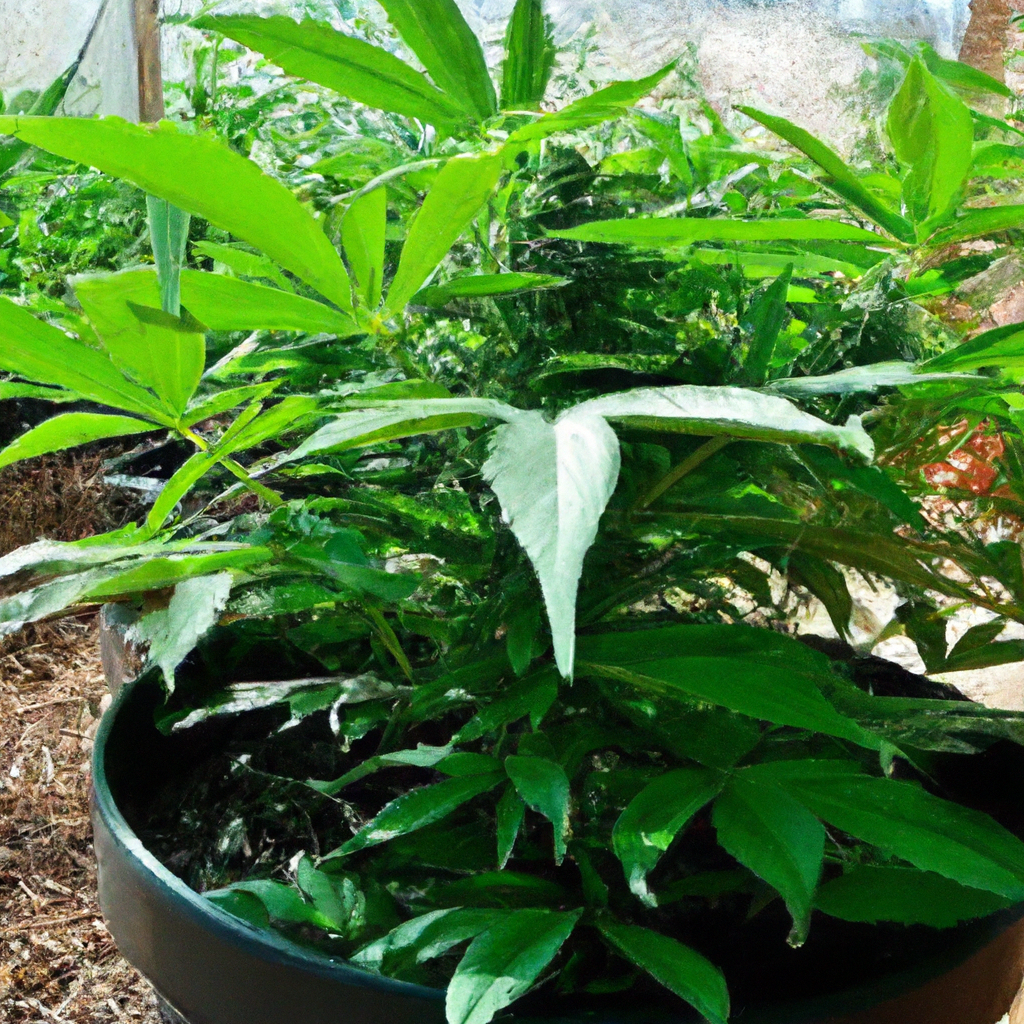
Organic cannabis cultivation involves sustainable practices that benefit the environment and consumers. Key practices include enriching soil ecosystems through composting and cover crops, using natural fertilizers like worm castings and fish emulsion, and managing pests with companion planting and neem oil. These methods reduce chemical runoff, enhance soil biodiversity, and produce cleaner, more flavorful cannabis…

Organic cannabis cultivation offers significant benefits for both the environment and the quality of the cannabis consumed. By developing a healthy soil ecosystem, using natural fertilizers, and implementing organic pest control methods, growers can produce cannabis that is free from synthetic chemicals and more environmentally sustainable. This approach not only protects local ecosystems but also…
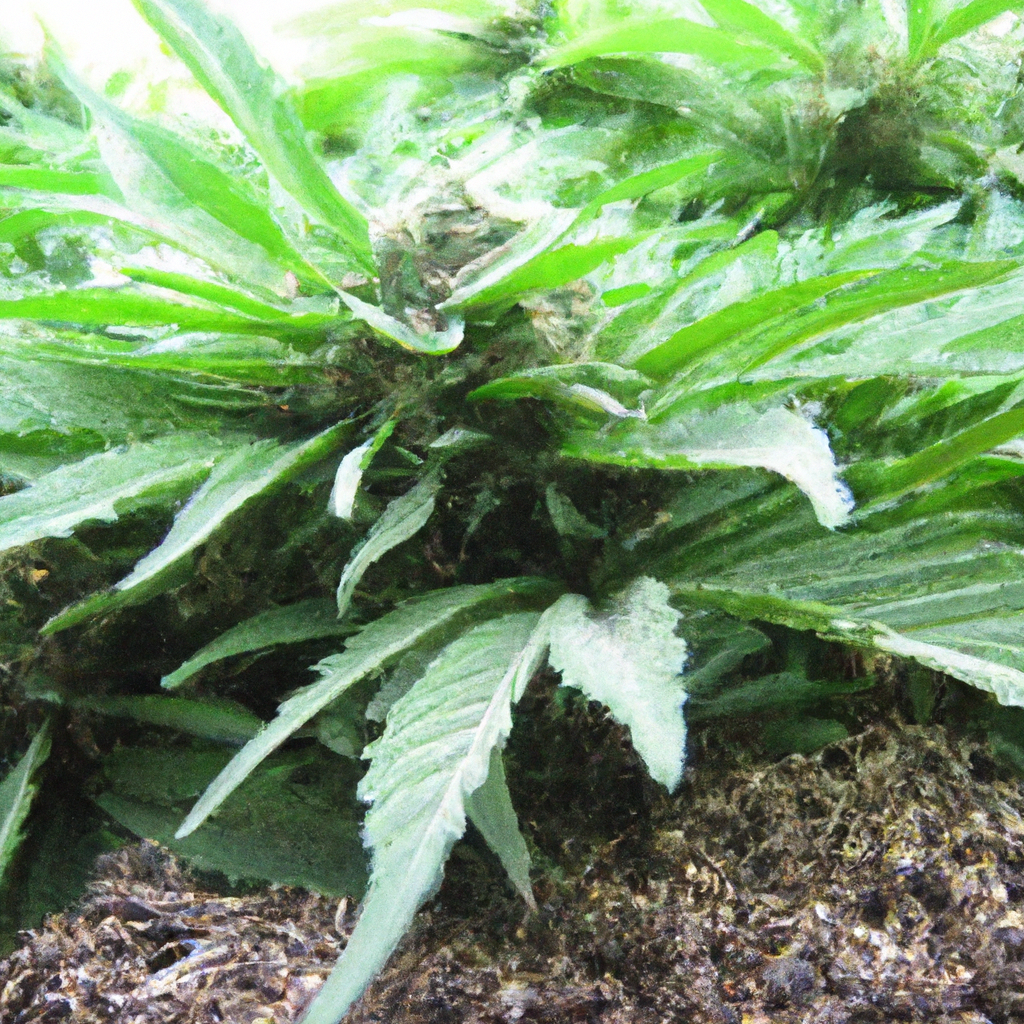
As cannabis cultivation shifts towards more sustainable practices, organic methods are gaining traction due to their environmental benefits and the superior quality of the final product. This blog post delves into best practices for organic cultivation, emphasizing healthy soil ecosystems through composting, beneficial microbes, and mulching. It also covers the use of natural fertilizers like…

Organic cannabis cultivation benefits both the environment and consumers by providing a cleaner, natural product. This guide highlights optimal practices such as using natural fertilizers, compost, and eco-friendly pest controls. Building a healthy soil ecosystem is essential; techniques like composting, cover cropping, and enriching soil with beneficial microbes are recommended. Natural fertilizers, including bat guano,…
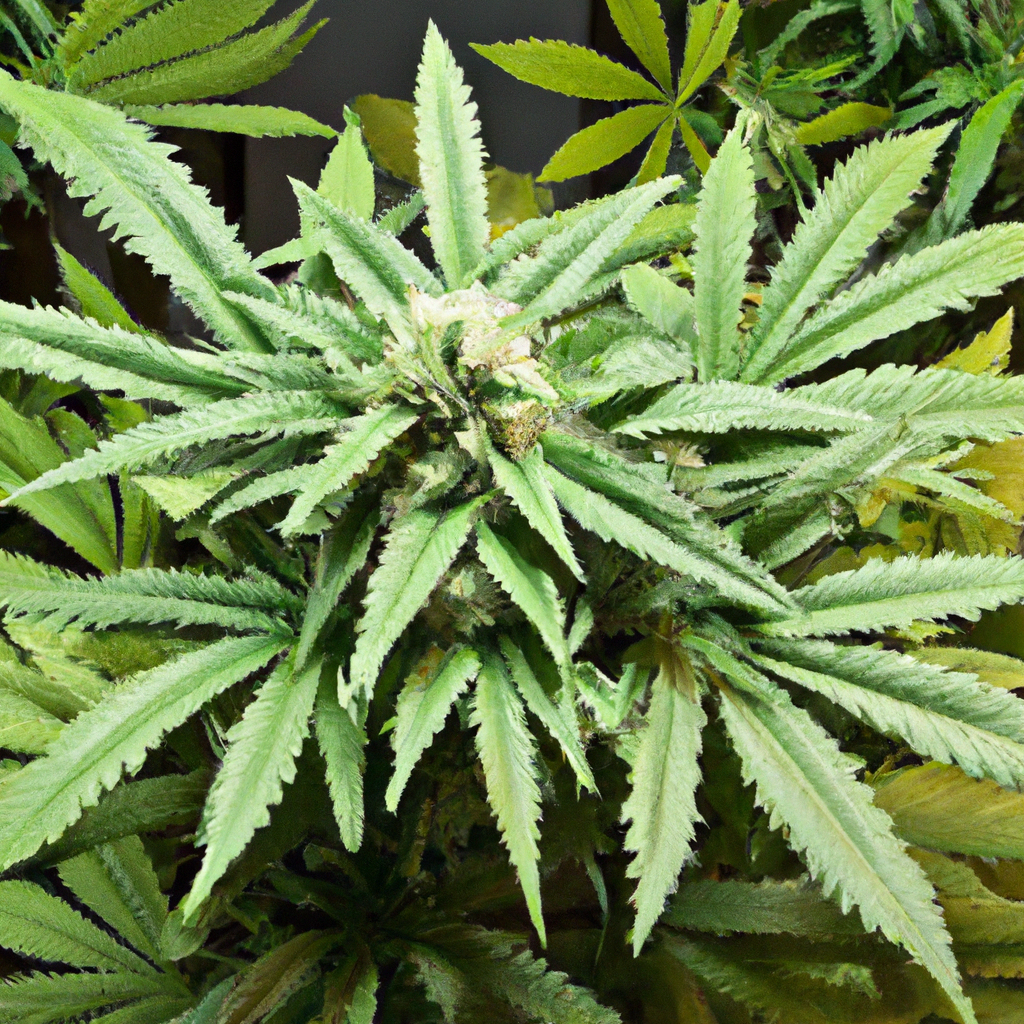
Growing cannabis in a greenhouse merges the controlled conditions of indoor cultivation with the advantages of natural outdoor elements. This approach offers benefits like manageable environments, cost savings, and extended growing seasons. Essential techniques for success include precise temperature and humidity control with reliable HVAC systems, effective pest management using natural strategies, and strategic light…
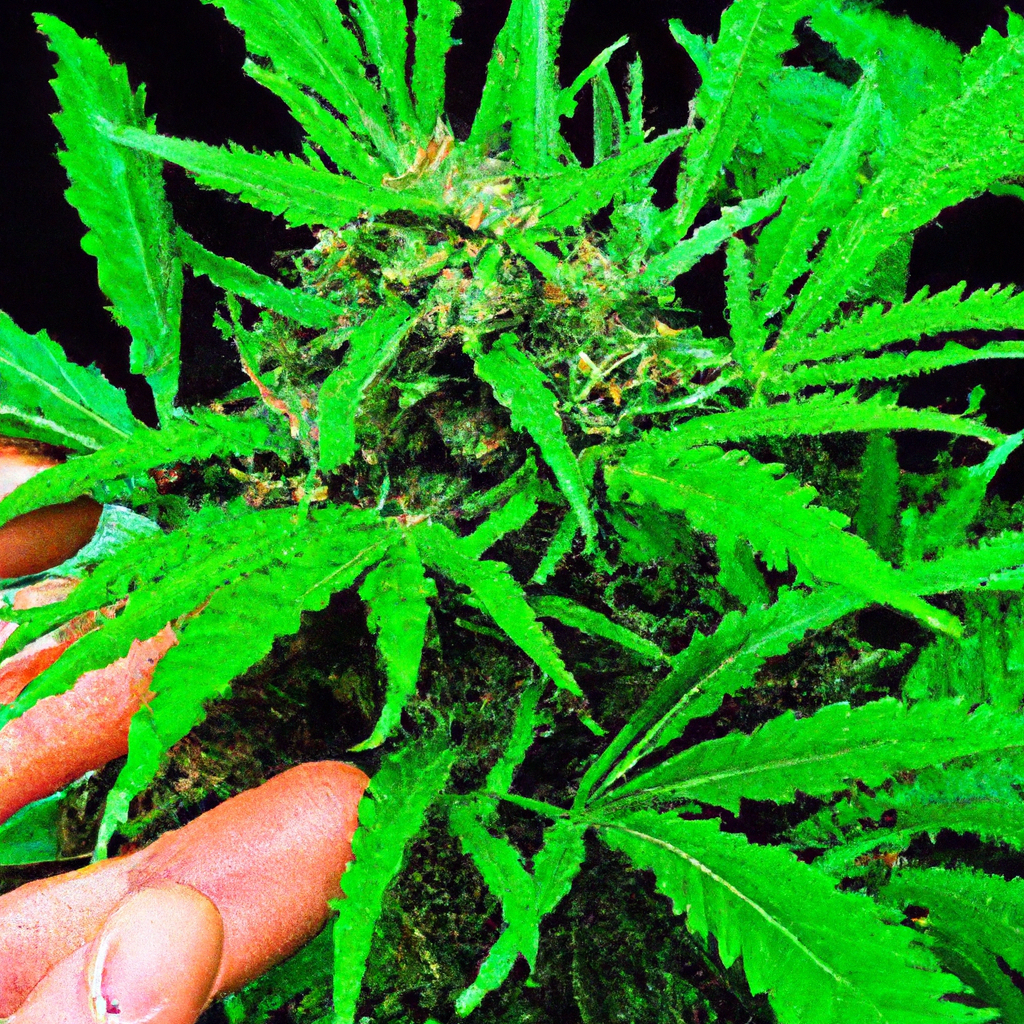
Identifying pests is critical for successful cannabis cultivation, as various critters can threaten your harvest. This guide offers essential techniques to differentiate between beneficial insects and harmful pests, ensuring the health and yield of your plants. Key pests include spider mites, aphids, whiteflies, and thrips, each causing specific damage such as discolored leaves, webbing, leaf…
